
At IDWeek, Anne Kasmar, MD, MSc, highlighted how expanding beyond traditional antibiotics, strengthening regulatory partnerships, and leveraging immunology are accelerating the next generation of antimicrobial resistance (AMR) solutions.
Joshua Fitch is an editor for Contemporary Pediatrics.

At IDWeek, Anne Kasmar, MD, MSc, highlighted how expanding beyond traditional antibiotics, strengthening regulatory partnerships, and leveraging immunology are accelerating the next generation of antimicrobial resistance (AMR) solutions.

Jesse Clark, MD, MSc, discusses a study’s subset preliminary findings looking at this form of PrEP in this patient population.

Lori Handy, MD, MSCE, emphasized that rebuilding public trust requires continuous engagement and a collective rethinking of medical communication.

At IDWeek 2025, Lori Handy, MD, MSCE, discussed how clinicians can strengthen vaccine communication by engaging openly and partnering with trusted community messengers.

Nicholas P. Marshall, MD, FAAP, discussed how generative AI can help streamline infectious disease workflows and enhance evidence-based care at IDWeek 2025 in Atlanta.
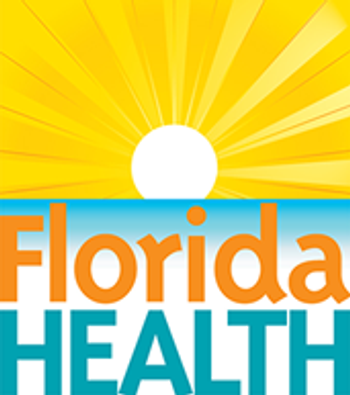
This becomes the first state in the United States to do so, and of course, this decision will affect the childhood vaccine schedule in Florida. Infectious Diseases Society of America (IDSA) President, Tina Tan, MD, weighs in on this decision and what this could mean for an increase of vaccine-preventable diseases and who would be vulnerable to them.

This week the panel weighs in on monoclonal antibodies in this patient population as well as important overall takeaways about COVID-19 therapies.

In this week's episode, the panel weighs in on treatments not specifically indicated for COVID-19 treatment, including metformin, and concerns around using medications in this way.

In this week's episode, the panel discusses therapies and care involving inpatients, including mechanical ventilation, extracorporeal membrane oxygenation (ECMO), and remdesivir.

In our latest roundtable series, we discuss COVID-19 treatment management and prevention 4 years after the start of the pandemic.
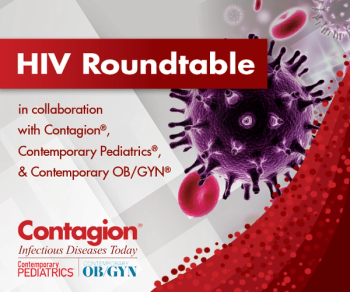
Our panel discusses this patient group and the challenges associated with their care.

In this episode, clinicians discuss challenges associated with these topics and offer management insights on them.

In our latest roundtable series, we cover different aspects of HIV care. In this series, clinicians discuss diagnosis, therapies such as long-acting injectables, treating patients with multidrug resistance and more.
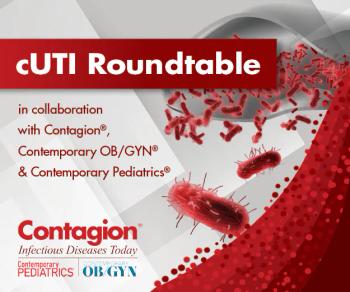
The third and final episode in our series looks at what is in the pipeline as well as a discussion around FDA guidance.

The second episode in our series looks to address clinical management in a time when antimicrobial resistance appears to be growing.

This series looks to discuss several topics around these infections including diagnosis, treatment, challenges in managing UTIs in patients with dementia and neurogenic bladders, antibiotic resistance, and considerations for patients and caregiver engagement.

Experts emphasize prevalent waterborne illnesses and offer preventive advice for the summer season.

The program allows participants to reserve doses and be eligible for priority shipping, among other benefits.

The accuracy of ICD-10 varied depending on the patient's age, how the influenza season was defined, the time interval between symptom onset and testing, and the clinical setting.
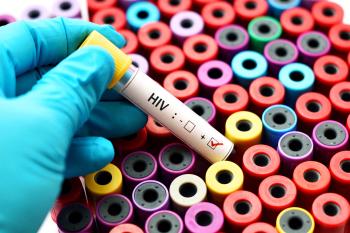
New data shows young children are less likely to get diagnosed and get into the continuum of care including getting prescribed antiretroviral therapy (ART).
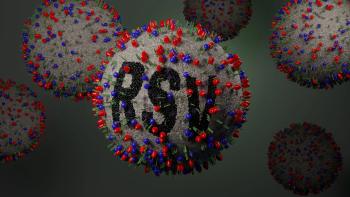
Though a small number of infants received nirsevimab in the analysis, results support existing nirsevimab recommendations to prevent serious RSV disease in infants.
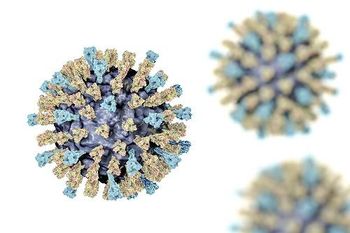
Clinician warns that as immunization rates decrease, outbreaks of vaccine preventable diseases will continue.

Though more research is needed to determine reasons for the association, a study published in JAMA Network revealed the 2021-2022 influenza season was associated with a significantly higher household transmission risk compared to pre-pandemic seasons.

The panel discusses the importance of discussing the immunizations with patients now, as well as the value of them in future seasons.

In 43 of 154 school weeks, air samples were positive for influenza A virus (IAV) while SARS-CoV-2 was positive in air samples in 101 of 154 school weeks.

Over 675,000 cans of specialty infant formula for cow’s milk allergy have been voluntarily recalled by Reckitt/Mead Johnson Nutrition because of a possible contamination with Cronobacter sakazakii.

In the third installment of RSV Roundtable, our panel discusses the impact nirsevimab has had this RSV season.

In the second installment of the RSV Roundtable, our panel explains how they are educating patients and parents when it comes to RSV, vaccines and preventive measures, and limited treatment availability.

Last year was the fourth season to be classified as high severity since the 2009 influenza A(H1N1) pandemic.

Overall, the study authors concluded that the immunogenicity of QIV and TIV was similar for common influenza ingredients for children aged 6 to 35 months.
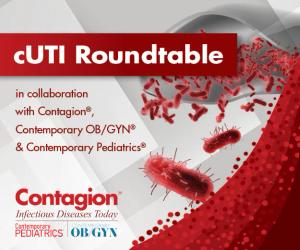
Published: July 10th 2024 | Updated:

Published: December 15th 2023 | Updated:

Published: January 5th 2024 | Updated:

Published: July 25th 2024 | Updated:

Published: December 24th 2024 | Updated:

Published: July 18th 2024 | Updated: